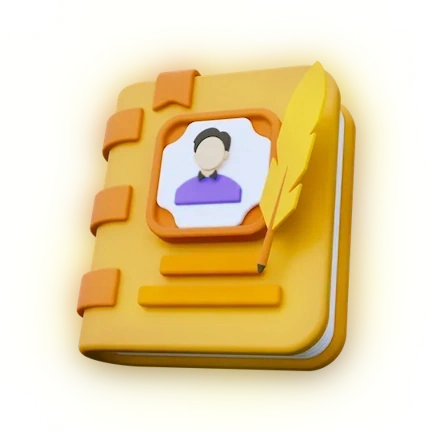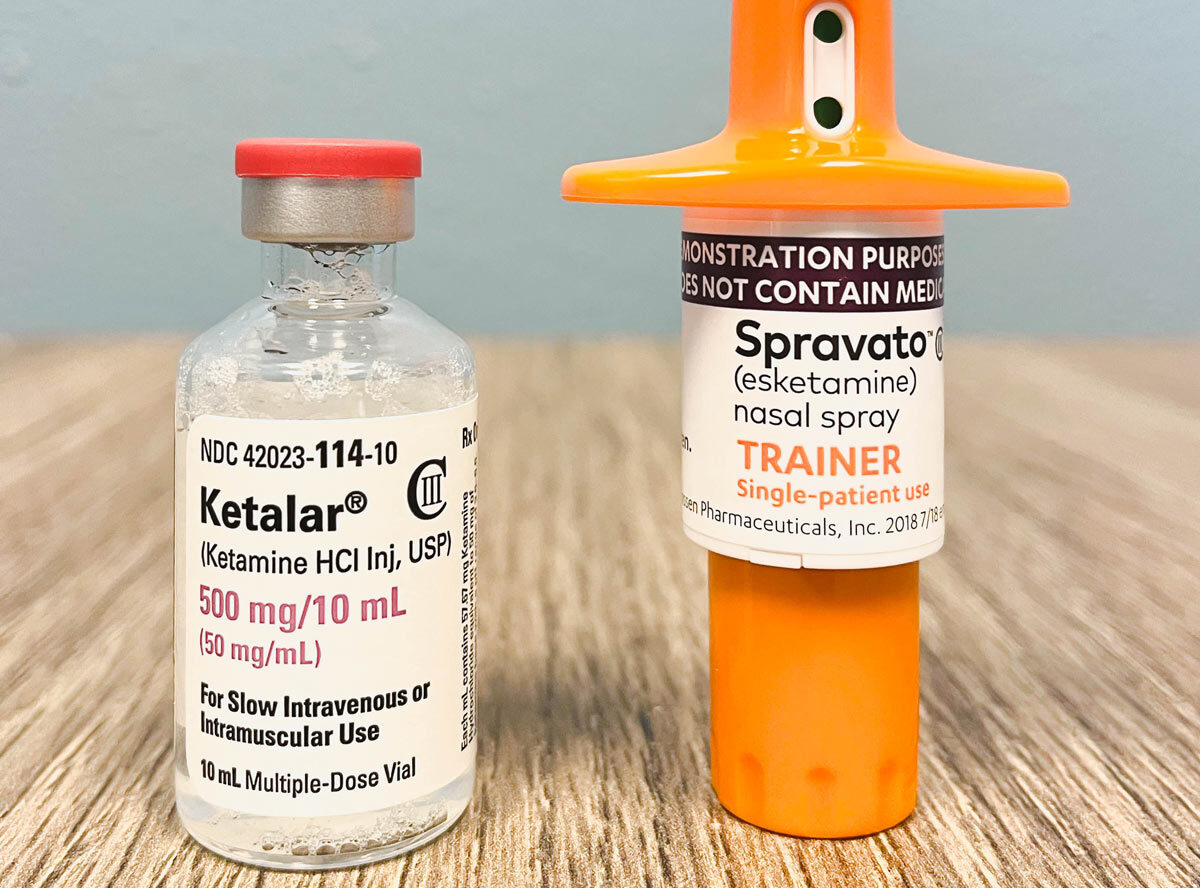LISTEN TO THIS ARTICLE:
Ketamine has been in use for over 50 years as an anesthetic agent, but recently, researchers have discovered its potential as a treatment for depression. Studies have shown that ketamine can rapidly alleviate symptoms of depression, including low mood, lack of interest in activities, and suicidal thoughts.
How does ketamine help depression?
Ketamine works differently than traditional antidepressants, which work mostly with serotonin. Ketamine acts on a brain chemical messaging system that uses glutamate, which is involved in the formation and maintenance of connections between neurons. By enhancing glutamate transmission, ketamine promotes the growth of new neural connections, leading to improved mood and cognitive function.
Ketamine works incredibly quickly.
Unlike traditional antidepressants, which can take weeks or even months to show their effects, ketamine works incredibly quickly. Most patients report improvement in symptoms within hours after treatment. This makes ketamine an attractive treatment option for individuals who require immediate relief from their depressive symptoms. It’s one of the rare treatment options for people who come into the emergency room in a mental health crisis involving severe depression or risk of suicide.
Ketamine is also a promising treatment option for treatment-resistant depression. Treatment-resistant depression is depression that has not responded to traditional antidepressant medications. These people get regular ketamine doses at doctor’s offices. The dosage and frequency of ketamine administrations vary depending on the individual’s needs and response to treatment.
While ketamine has shown great promise in the treatment of depression, it is not without its side effects. The most common side effects include dissociative experiences, such as feeling detached from one’s body or surroundings. It also can cause mild cognitive issues, such as difficulty with memory and attention. However, these side effects are usually short-lived and stop within an hour or two.

Ketamine and substance use
For many years, ketamine treatment for depression typically involved intravenous (IV) infusions administered in a doctor’s office. In 2019, taking ketamine became easier when the FDA approved a nasal spray version called Spravato (esketamine). This still had to be taken with physician supervision. However, the COVID pandemic led to relaxed regulations. Doctors can now prescribe ketamine via telemedicine and people can get prescriptions for it to take at home.
This brings up the major concern that many mental health providers have about ketamine: the potential for addiction. Ketamine is a controlled substance, and its recreational use as a party drug is a growing concern. One study found that over half of the people who are prescribed ketamine for use at home sometimes take more than their intended dose. However, when used in a clinical setting under the guidance of a healthcare professional, the risk of misuse is low.
Ketamine is a promising treatment option for individuals with treatment-resistant depression and those in crisis. Its rapid onset of action and ability to alleviate symptoms quickly make it a valuable tool for those who need immediate relief from their depressive symptoms. While there are concerns about its side effects and potential for abuse, with proper management, ketamine can be a safe and effective treatment for depression.


 Learn
Learn Read Stories
Read Stories Get News
Get News Find Help
Find Help
 Share
Share
 Share
Share
 Share
Share
 Share
Share



